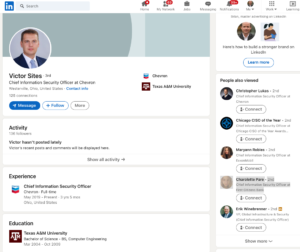
Published on: July 17, 2024
Kaspersky, a Russian-based antivirus company, is shutting down its US offices and laying off its US employees.
This closely follows the US Department of Homeland Security banning all Kaspersky products due to what the Commerce Department described as “national security concerns.” US Intelligence agencies stated that Kaspersky products could be used by the Russian government to spy on American citizens using one of Ksapersky’s antiviruses.
According to several initial reports, Kaspersky worked closely with the Federal Security Service (FSB). Back in 2017, both US and British intelligence agencies accused Kaspersky of colluding with the FSB to commit espionage.
Other concerns include Kremlin spies hacking Kaspersky without the company’s knowledge to spy on users. The FSB could also use Kaspersky to inject malware and withhold important updates from select users.
“The strong ties between Kaspersky Lab and the Kremlin are alarming and well-documented. The case against Kaspersky Lab is overwhelming,” Sen. Jeanne Shaheen (D) declared in a statement.
“The company has carefully examined and evaluated the impact of the US legal requirements and made this sad and difficult decision as business opportunities in the country are no longer viable,” Kaspersky tells Cyber News in an exclusive interview.
Kaspersky rejected the accusations and attempted to fight the ban.
“Kaspersky does not engage in activities which threaten US national security and, in fact, has made significant contributions with its reporting and protection from a variety of threat actors that targeted US interests and allies.”
Despite its protests, Kaspersky will be closing down its US offices by phasing them out, starting on the 20th (the day the ban goes into place). Large stores like Best Buy, Staples, and Office Depot have already removed the antivirus from their US stores and websites.
“Russia has shown time and again they have the capability and intent to exploit Russian companies, like Kaspersky Lab, to collect and weaponize sensitive US information,” explains US Secretary of Commerce Gina Raimondo.
Source of Article



